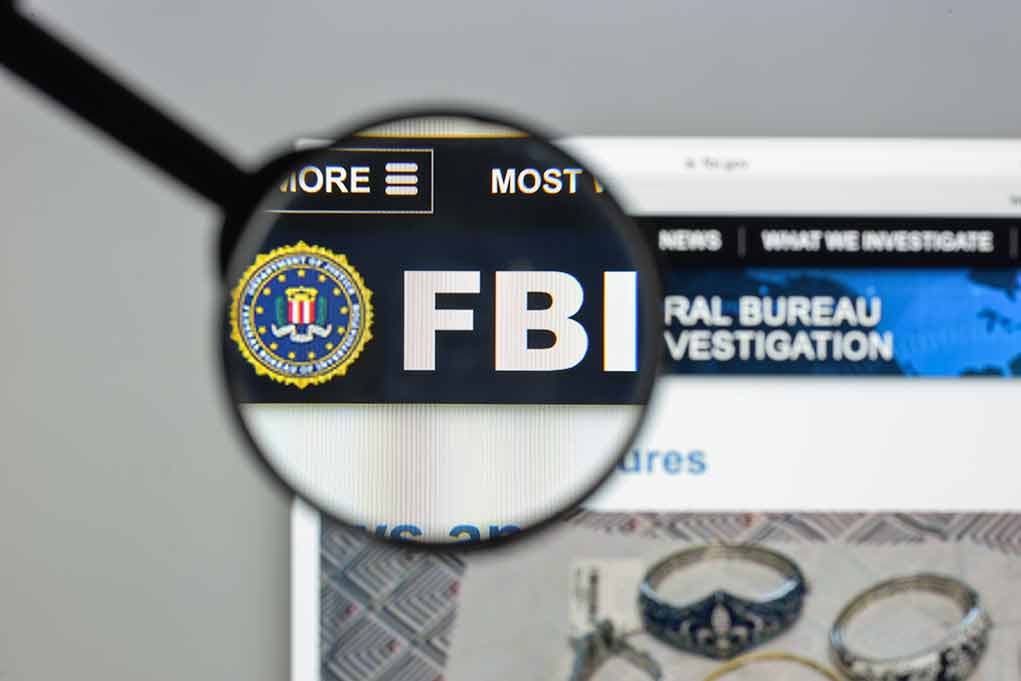
Two incdients on New Year’s Day, carried out by individuals with U.S. military backgrounds, have reignited concerns about extremism within the armed services and the growing threat of political violence in America.
At a Glance
- Army veteran Shamsud-Din Jabbar killed 14 people in an ISIS-inspired truck attack in New Orleans.
- Active-duty Army service member Matthew Livelsberger allegedly caused an explosion outside the Trump hotel in Las Vegas.
- Both incidents raise questions about the Pentagon’s efforts to combat extremism in the military.
- The attacks highlight the increasing risks of political violence and terrorism in the United States.
- A debate ensues over balancing security measures with civil liberties in public spaces.
New Orleans Attack: A Premeditated Act of Terror
On New Year’s Day, the vibrant city of New Orleans was shaken to its core when Shamsud-Din Jabbar, an Army veteran, drove a truck into a crowd on Bourbon Street, killing 14 people and injuring about 30 others. The FBI has confirmed that this was a premeditated act of terrorism inspired by the Islamic State (ISIS).
FBI Special Agent Christopher Raia stated, “This was an act of terrorism. It was premeditated and an evil act.” Jabbar, who served in the Army from 2007 to 2020, including a deployment to Afghanistan, was killed in a subsequent firefight with police. An ISIS flag was found in his truck, and he had posted videos supporting ISIS ideology prior to the attack.
New Orleans attack intensifies watch against US terrorism, political violence via @csmonitor https://t.co/9SuR9dCe1b
— Laurence Bergin (@LaurenceBergin) January 3, 2025
Las Vegas Explosion: Motives Unclear
In a separate incident on the same day, Matthew Livelsberger, an active-duty Army service member and Green Beret on leave, allegedly caused an explosion outside the Trump hotel in Las Vegas. While the motivations behind this incident remain unclear, it has raised further questions about extremism within military ranks.
The FBI has stated that there is no apparent connection between the two incidents, despite their occurrence on the same day and the military backgrounds of both perpetrators.
Rising Concerns About Military Extremism
These incidents have brought renewed attention to the issue of extremism within the U.S. military. The National Consortium for the Study of Terrorism and Responses to Terrorism (START) has reported an increase in extremist acts by individuals with military backgrounds. This trend is particularly concerning given the specialized training and skills that military personnel possess.
“A lot of questions we are still asking ourselves,” said FBI Special Agent Christopher Raia. “That’s the stuff that in the coming days, as far as that path to radicalization, that we’re really going to be digging into and make it a priority.”
The Pentagon has faced criticism for its slow implementation of recommendations to address extremism, with some citing political resistance and the use of outdated data. There is ongoing debate about the best approach to tackle this issue, with some experts advocating for better tracking and transparency rather than a sweeping crackdown.
The Broader Threat of Political Violence
These incidents have raised concerns about political violence and terrorism in the United States. Brian Levin, a terrorism expert, noted, “We’re seeing incrementally and materially a diversification of the terror threat.” This diversification includes the use of vehicles as weapons, a tactic that has seen over 60 incidents worldwide since 2010.
The incidents have also sparked a debate about the balance between security measures and civil liberties in public spaces. Laura Dugan, a professor at Ohio State University, posed the challenging question: “Do we want to live in a police state and be safe? Or do we want to not live in a police state and then take the risks of things like this? We’re not going to be 100% secure from attacks, we’re just not. … But I personally don’t think it’s worth living in fear, either.”
As the nation grapples with these complex issues, it is clear that addressing the root causes of extremism, improving screening and support systems within the military, and developing effective counterterrorism strategies will be crucial in preventing future attacks and protecting public safety.
Sources
- New Year’s attacks fuel fears of extremism in military
- FBI says driver in New Orleans rampage acted alone and was ‘100%’ inspired by Islamic State group
- New Orleans attack intensifies watch against US terrorism, political violence




